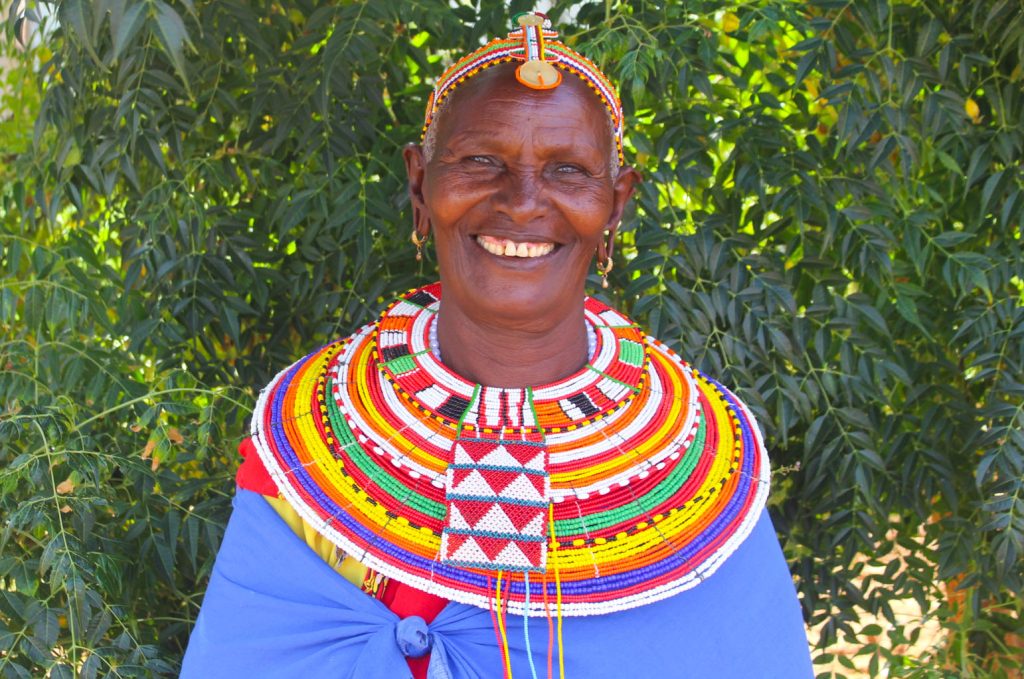Empowering Samburu Women through Agriculture

The Samburu are semi-nomadic pastoralists based in northern Kenya who largely depend on cattle. Among their traditions are the early marriage of young girls and Female Genital Mutilation. Twenty women from different communities in the Wamba area joined hands to deal with these harmful traditions and formed the Samaletu Self Help Group. The group members rescued some girls and hosted them but found it challenging to feed and take care of them with the effects of the prolonged drought in the area due to climate change.
K4R, through The Salvation Army, has helped salvage the situation by introducing small-scale farming to the group to enhance their livelihood. The group has acquired two parcels of land where they practice climate-smart farming, a skill they have gained from the project. The group plants diverse crops which are adaptable to the area’s climate including green grams, peanuts (pictured), peas, pumpkins, trees, and a variety of vegetables and fruits such as watermelon, mangoes and sweet potatoes (pictured). The group has also been supported with a water tank, farming equipment, and seedlings. “We recently started planting peanuts on our farm which has proved to be very adaptable to the area’s climate as it uses less water because it grows underground, it is not prone to destruction by animals (a major challenge in our area) and is very profitable” Jacinta, the Group Vice-Chair told us.
These efforts have improved the food security within the household as well as household income as a result of selling surplus produce. The group members reported making about Ksh 2,000 per day from selling their farm produce.
In June 2022, The Salvation Army supported the group in the formation of a Village Saving and Loaning Association (VSLA) and trained them on smart agriculture, how to utilise their produce to improve nutritional value, and integrating pastoralism in farming. So far, the group has saved Ksh. 30,000. This money has contributed to the achievement of their core objective of protecting girls from early marriages and FGM as they are able to retain them in schools.
